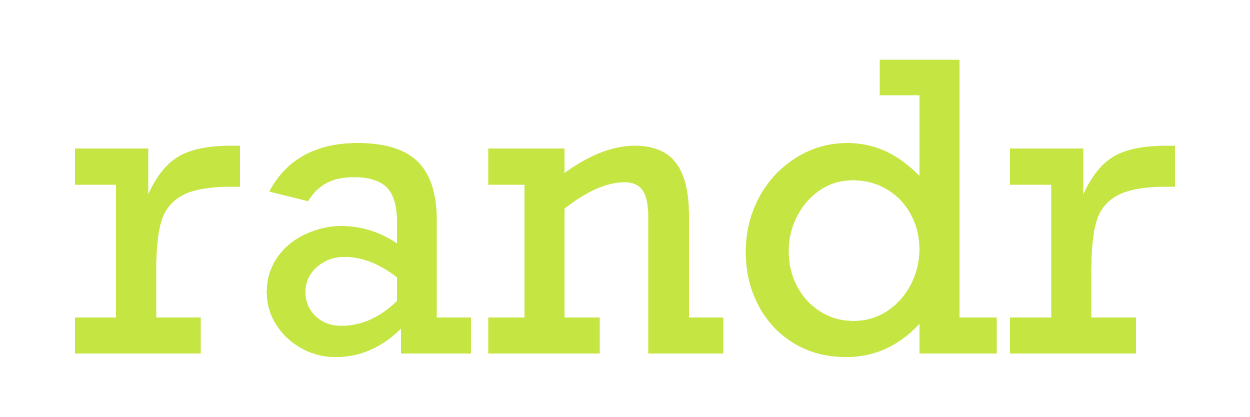Hair Protest
Iranian Protest
Rahma Shahid
By now we have all heard of the protests taking place in Iran. Or rather, protests that TOOK place in Iran. They have since died down and the Iranian government is out to get its citizens with a vengeance (read: public hangings and sham trials). We could get into the sheer bravery of the Iranian people or the possible futility of the protests at the end of the day, or we could talk about the solidarity of the men and women in their common goal for freedom. But there has been much conversation about these by all corners of the world so my focus is the kind of conversation being had in the west.
Before I start my rant on the continued orientalist and racist outlook of the ‘developed’ countries, I would like to mention and honour Mahsa Amini, whose death sparked the most disruptive round of protests in Iran since the Islamic Revolution. It is perhaps because of the very real threat to their foundation that the government conceded and implied the end of the morality police. The government has continued to curb and denounce the protestors, using the usual hue and cry of anti-nationalism or claiming they are funded by nefarious foreign powers.
I have always maintained that when a country is going through social and political change, it needs to look within itself. Because of our increasingly globalized world, every system is measured at an unfair standard to those of other, more ‘developed’ countries. Many countries with a history of foreign interference have had a harder time bringing about their own changes as a people. Iran is not like this; they have been sanctioned by the west for a long time. They are a highly educated and cultured people who are going through their own journey and whose citizens have often been deprived due to international sanctions such as the Muslim Ban. But as soon as protests that called for freedom of choice for something related to women started in Iran, I knew what narrative the global media would build.
See, freedom of choice here means the freedom to choose what to wear and how to live. That may be liberal and that may be conservative. The protest in Iran wasn’t against a religion, it was against a government and their harsh regime, the symbol of which became the hair and hijab. This concept is not fully understood in people across the world who want to show solidarity with the women of Iran. My biggest pet peeve was watching the video of famous French women cutting their hair in ‘solidarity’ with the women of Iran. The irony was too beautiful to ignore. France, a country known for its own oppressive laws against Muslim women was suddenly the champion of choice for the women of Iran. Obviously, the implications are Islamophobic but more than anything it shows a lack of understanding of true choice, the Iranian protest, and an ignorance of the world itself. Where were Marion Cotillard, Isabelle Huppert and the ministers of the French National Assembly showing solidarity when France banned the Hijab and the Burkini?
Hair and Religion
Dec 29th, Rio Chen
A United Nations report in 2021 says that the use of death penalties in Iran has become a political tool, and is an arbitrary deprivation of life.* When Mohsen Shekari and Majidreza Rahnavard’s lives were taken away by hanging on construction cranes, their upright posture brought their head above the rest of the body. During the milliseconds before passing away, it might be the moment that we reached God. For most people alive, hair is a layer of objects that is closest to the universe between the sky and our body.
Cutting off hair is not uncommon in the history of religious beliefs, Medieval Catholics had the tonsure practice of shaving off a center section of their hair; in Buddhism, most of the monks and nuns have their hair completely shaved for the essence of devotion and a symbol of leaving the ordinary lifestyle. The controversial death of Masha Amini, arrested by the morality police for allegedly wearing hijab improperly, has caught nationwide support and attention from around the world. What do we do when political power intervenes in the beliefs of religion?
Leaders, emperors, and dictators have long called themselves the incarnation of God or the chosen one. Nevertheless, hair is always atop us (unless you are bald). While there is no way to prove whether Augustus was the son of a God, religion has deep-rooted influences on the way of living in every corner of the world. In most cases, even presidential candidates seek support from religious organizations to secure votes. Nowadays, the system of democratic and republic governments is meant to prevent any single person from gaining excessive power. However, the US Supreme Court’s decisions on abortion rights are another recent example of how the judicial system is attacked by improper agendas backed by certain religious groups.
From the Iranian Islamic morality police to the far-right American Catholics, we are just starting to identify the crux of our governance system. The same system that was infiltrated by people who abused their power under the name of religion, making the fight for a healthy-balanced society challenging. As we know, sometimes even a well-supported movement still gets overruled by the government, protesters these days have to be more resilient and devoted than ever.
(*Quotes from United Nations Human Rights Office of the High Commissioner in October 25th 2021.)
United Nations Human Rights Office of the High Commisioner ︎︎︎ NY Times ︎︎︎
Tonsure (Wikipedia) ︎︎︎
